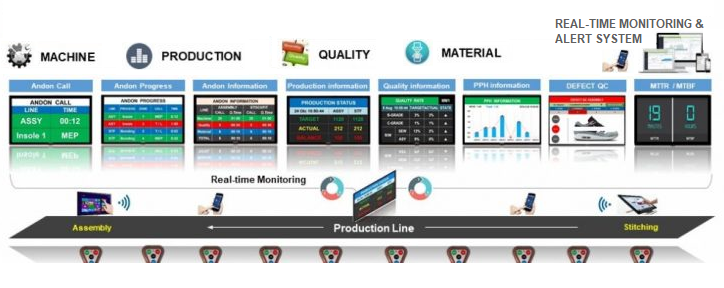

Increase efficiency and productivity: Digitalization and automation help eliminate or reduce manual, monotonous work, helping to increase the efficiency and productivity of the production process.
Improved accuracy: Digitalization and automation systems are often more accurate and less prone to errors than manual processes, helping to ensure product quality.
Increased flexibility and adaptability: Digitalization and automation systems can easily adapt to changes in production processes or market demands, increasing flexibility and rapid response.
Save costs and resources: Automation can reduce the amount of labor needed, minimize the amount of raw materials used, and minimize the amount of product wasted, helping to save costs and resources.
Improve worker safety: By eliminating or minimizing workers’ exposure to hazardous environments, digitalization and automation can increase worker safety in the production process.
Optimize production processes: Digitalization and automation systems provide real-time information and analytical data, helping managers better understand production processes and be able to optimize them to achieve the best performance.
With the development of information technology, digitalization and automation not only help enhance performance and product quality but also optimize production processes and enhance business competitiveness in the market.